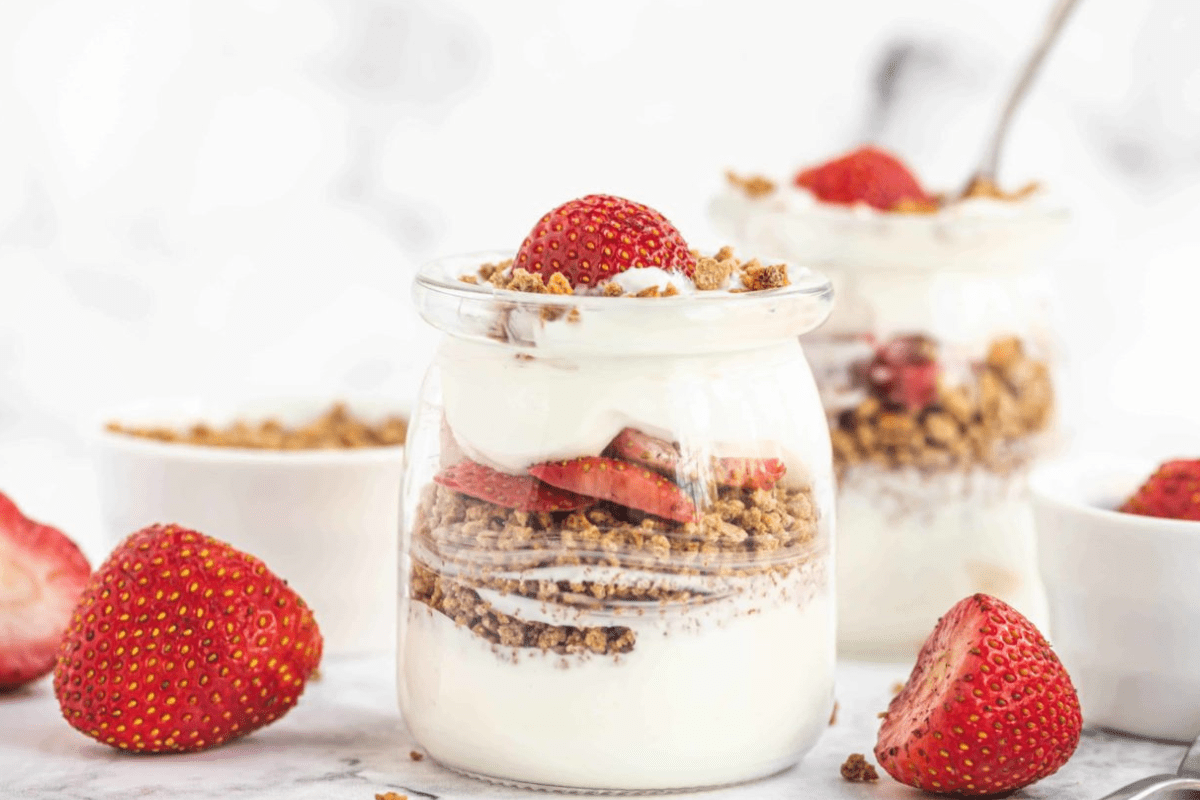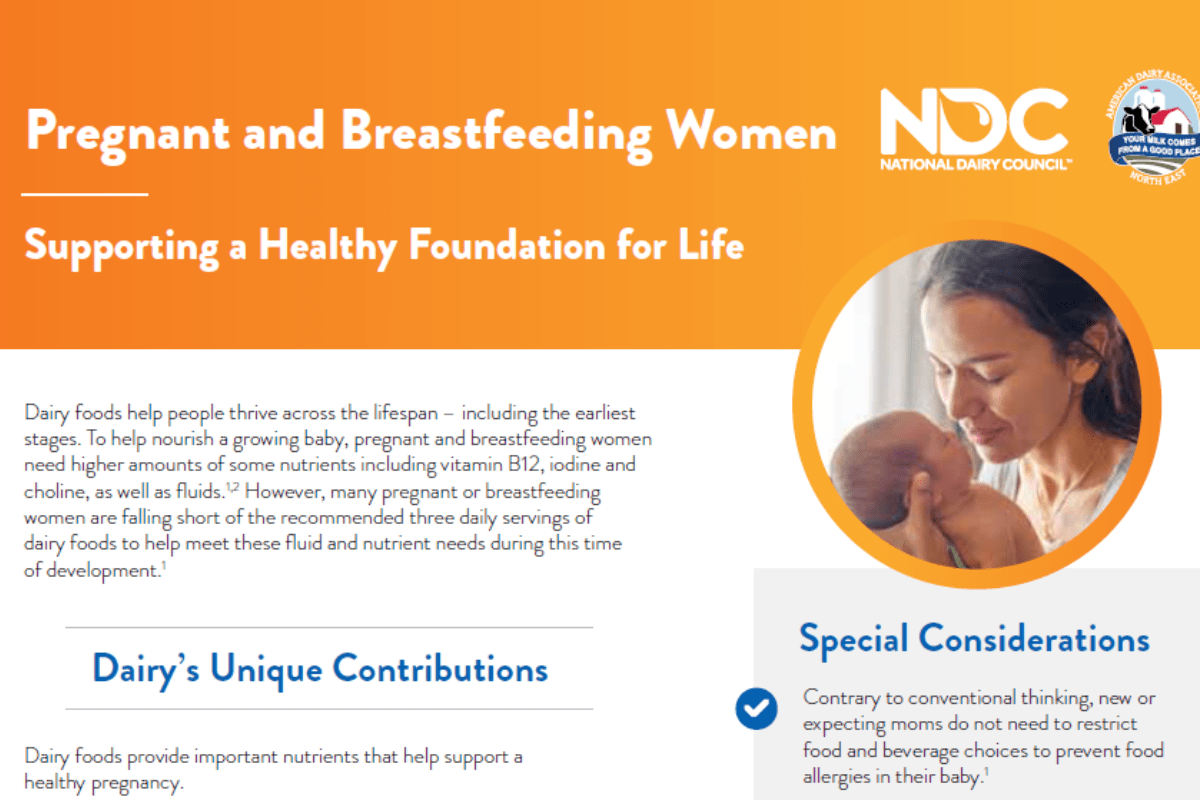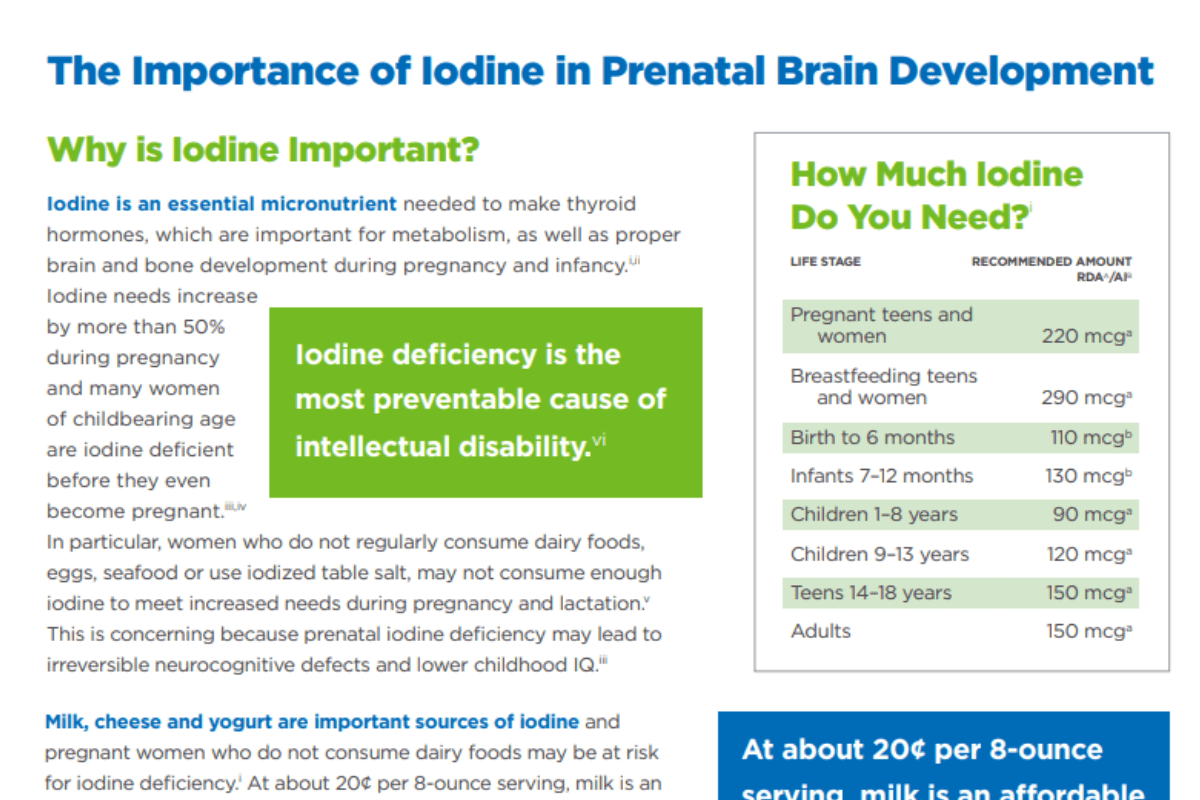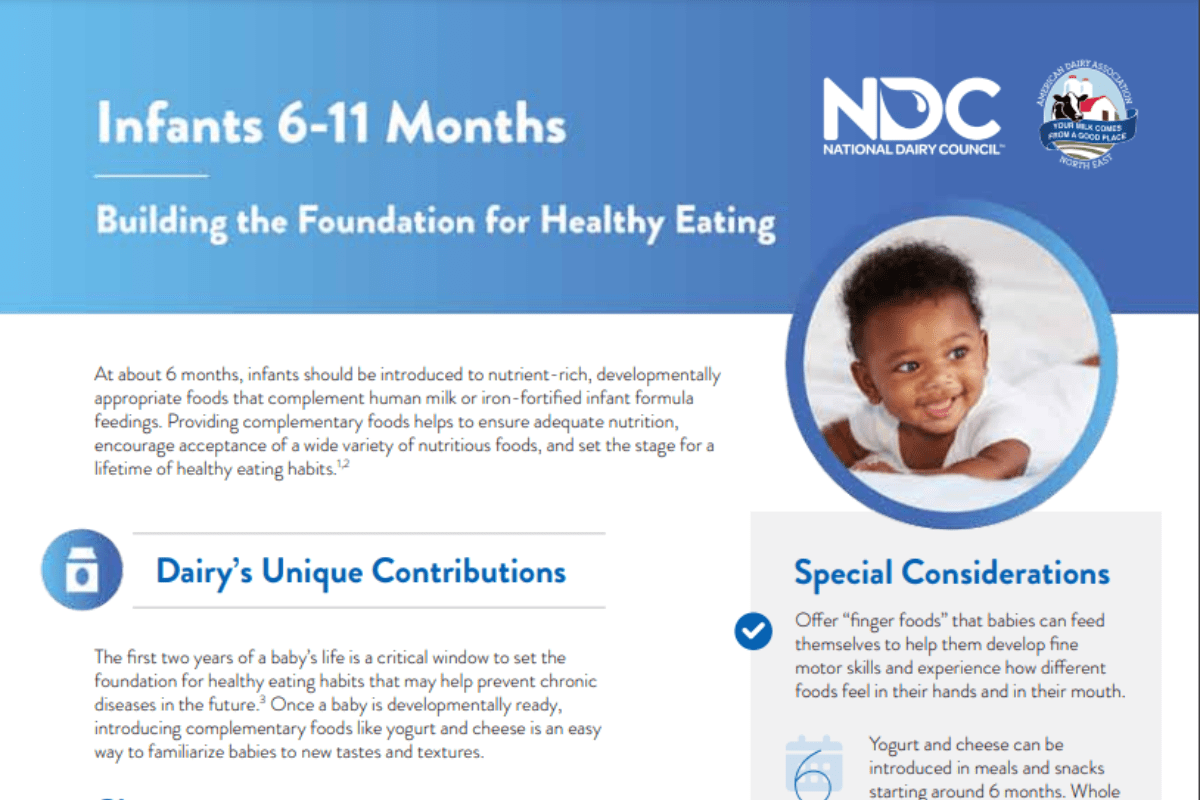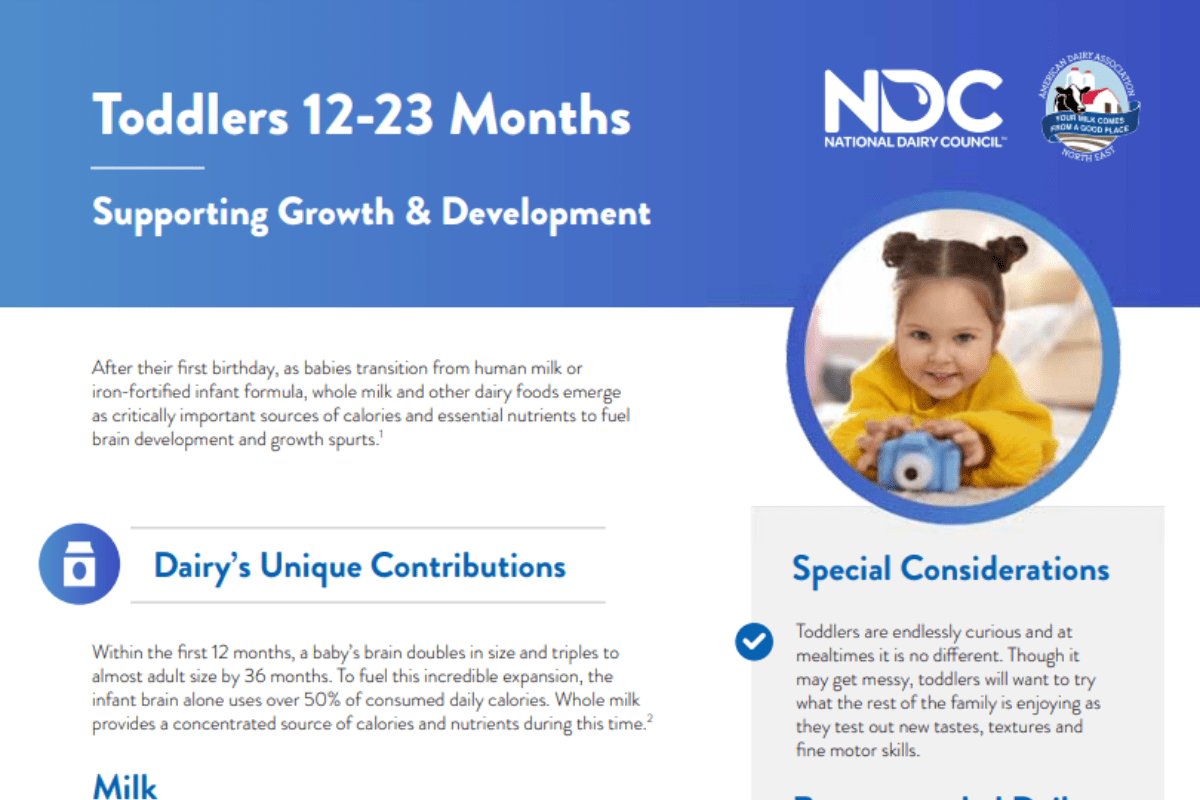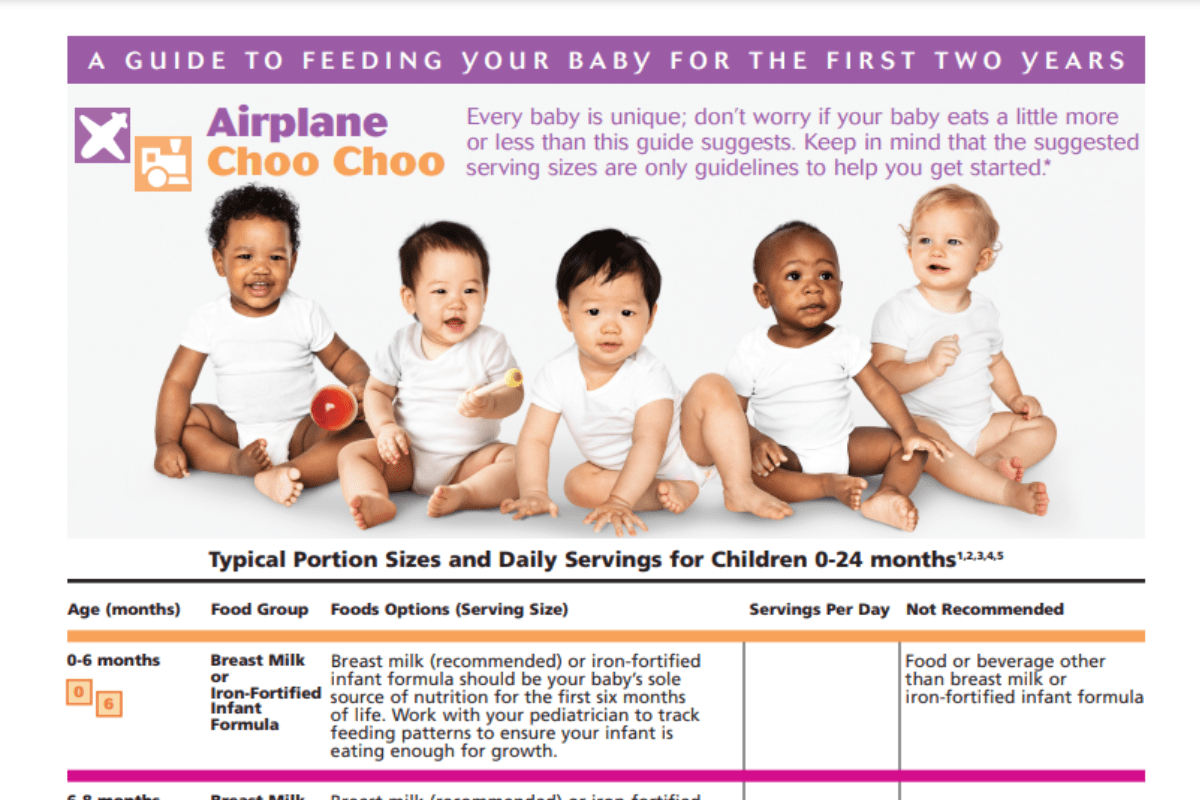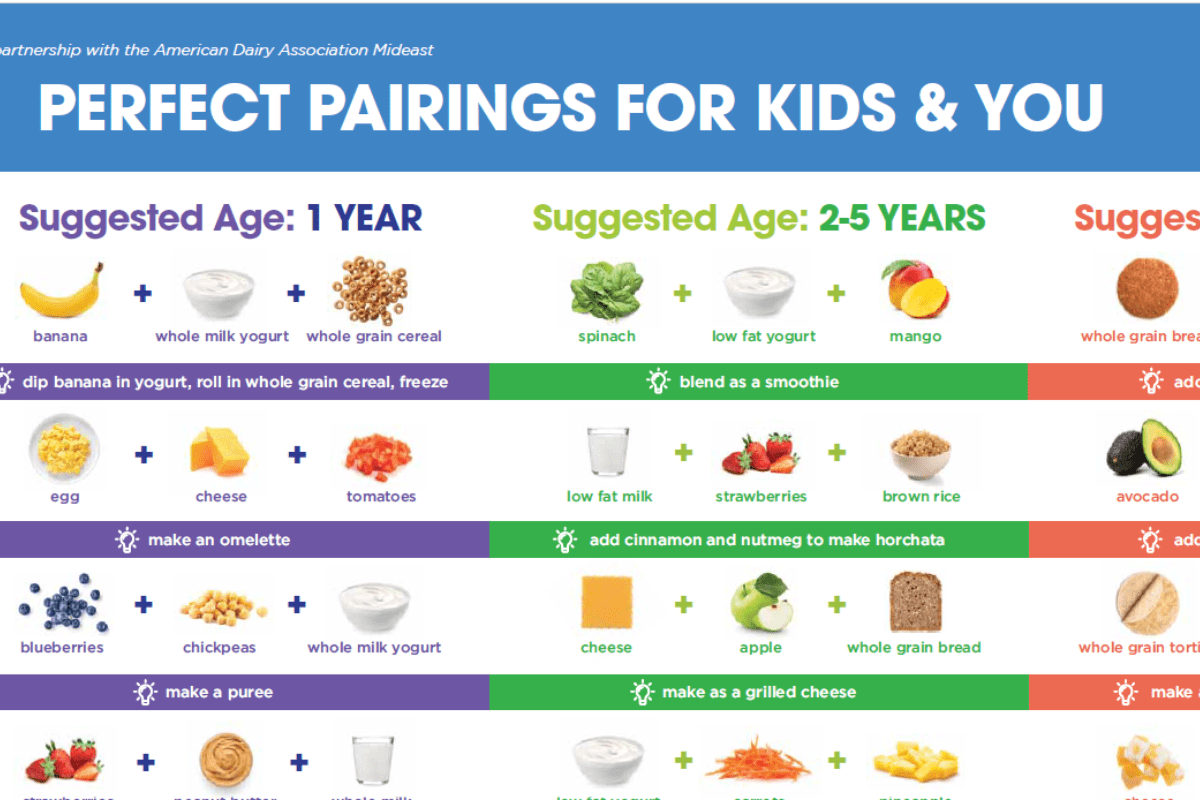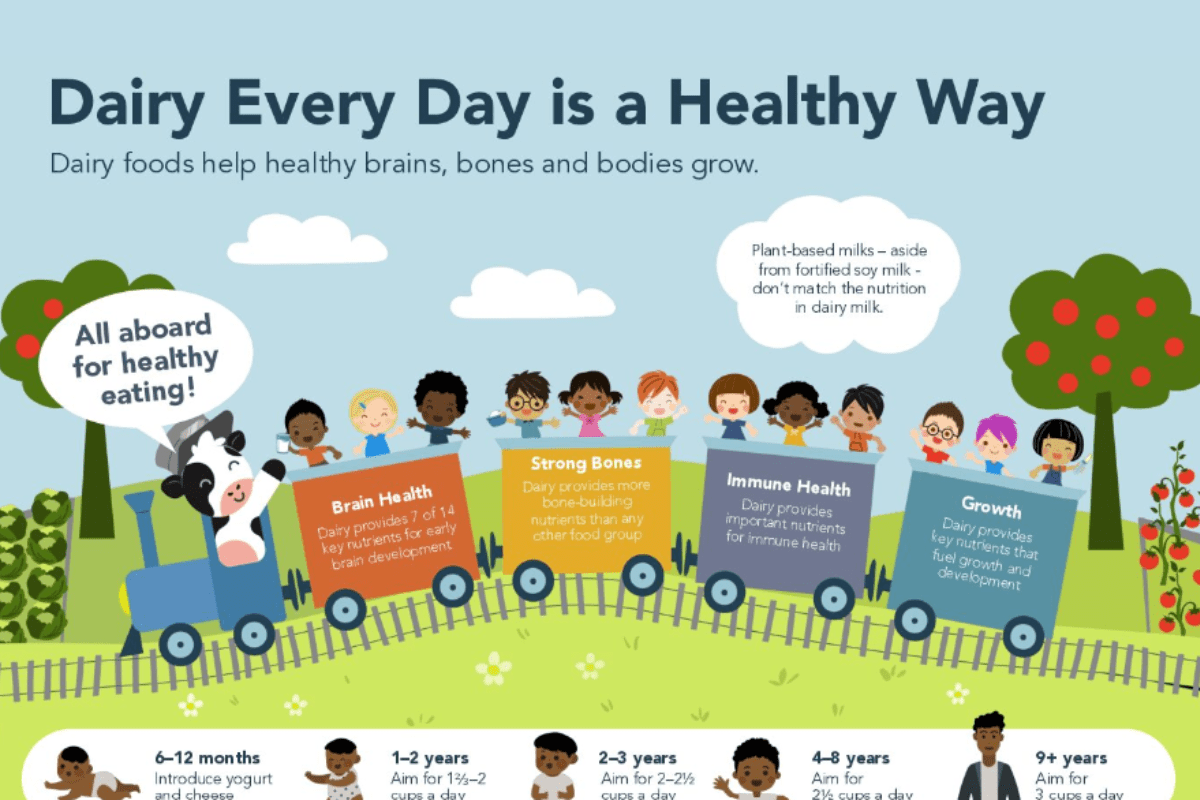Dairy During Pregnancy
Moms who include dairy in their diet every day can significantly impact a child’s brain development, bone strength, and immune system before they even take their first steps.
The current Dietary Guideline for Americans identify iron, folate, choline and iodine as specific essential nutrients needed for pregnancy and lactation. Vitamin B12 deficiency may be of concern for young women of reproductive age.
According to the American Academy of Pediatrics, dairy provides 7 of the 14 nutrients important for early brain development.

Key Nutrients During Pregnancy
Iodine
Iodine is a mineral your body needs but can’t make on its own, meaning you must get it from your diet. It plays a crucial role in regulating your metabolism, maintaining body temperature, and most importantly during pregnancy, supporting the production of thyroid hormones. These hormones are vital for fetal brain development.
Despite its importance, iodine deficiency remains a global concern. According to the World Health Organization (WHO), it is the leading preventable cause of brain damage worldwide. Pregnant individuals are especially vulnerable, particularly if they don’t regularly consume iodine-rich foods like dairy.
One easy way to boost iodine intake? A single serving of low-fat milk or yogurt delivers more than half of the daily iodine needs for pregnant women.
Choline
Choline is a vital nutrient that supports many functions in the body – but it’s especially important during pregnancy. It plays a key role in fetal brain development and may help lower the risk of certain birth defects.
Although the body can make a small amount of choline, it’s not enough to meet your needs during pregnancy. That’s why getting enough choline from food is essential.
Animal-based foods, like dairy products, are top sources of choline in the average American diet. Dairy foods, including milk, yogurt, and cheese, not only supply choline but do so in forms that are easy for the body to absorb and use. Some plant-based foods also contain choline, but in smaller amounts.
Vitamin B12
Vitamin B12 is a water-soluble vitamin that plays a key role in your body’s metabolism, DNA production, and red blood cell formation. It’s also critical for the development of your baby’s brain and nervous system, especially early in pregnancy. Vitamin B12 is found primarily in animal-based foods like dairy milk and other dairy products.
Proper nutrition during the postpartum period is essential for supporting a mother’s recovery, maintaining energy levels, and helping her produce nutrient-rich breastmilk for her baby.
Dairy for Postpartum Health and Breastfeeding
For Mom
Dairy foods are rich in 13 essential nutrients including calcium, protein, vitamin D and vitamin B12. These key nutrients support bone health, muscle repair, and immune function, all of which are vital as the body heals after childbirth. A well-balanced diet that includes dairy can also help combat postpartum fatigue, regulate mood, and reduce the risk of nutrient deficiencies. And with time often in short supply, dairy foods offer a quick and nourishing solution. Whether it’s a slice of cheese, a cup of yogurt with berries, or a glass of milk while baby naps, dairy can easily fit into an unpredictable postpartum schedule.
For Breastfed Babies
Consuming sufficient dairy products during breastfeeding helps ensure that mothers receive the nutrients needed to support lactation, while also providing infants with high-quality breastmilk that supports growth and cognitive development.
Many of the nutrients critical during pregnancy remain just as important while breastfeeding. The baby’s brain continues to develop more rapidly during this time than any other stage in life.
Among these key nutrients, iodine and vitamin B12 in breastmilk are directly influenced by the mother’s diet. If her intake is too low, the levels in her milk may be insufficient to meet her baby’s needs. Choline also plays a vital role – levels in breastmilk increase rapidly after birth and remain stable thereafter. However, preterm breastmilk contains lower levels of choline. To have sufficient levels of these nutrients, it is important to have a balanced diet that includes dairy products, protein-rich foods, eggs, fish, and iodized salt.
Dairy for Infants and Toddlers
Dairy continues to nourish babies well after birth. From birth to age two, a child’s brain continues to grow and develop, laying the foundation for lifelong health. From cognition and a strong immune system to optimal growth and development, dairy foods – including milk, cheese and yogurt – paired with other nutritious foods – like fruits, veggies and whole grains – can provide an overall healthy diet that growing children need to thrive.
When to Introduce Dairy
- 6 – 11 Months
- While breastmilk or iron-fortified infant formula is recommended as the primary source of nutrition for baby’s diet, the current dietary guidelines recommend introducing complementary foods when the baby is 6 months of age or developmentally ready.
- First introduction of dairy foods can include whole milk yogurt and cottage cheese. (The recommended serving size for an 8- to-12-month-old child is about ¼ cup to ½ cup.)
- Around 9 months, babies can begin trying finger foods, such as a half-ounce serving of cheese.
- Note: As babies grow, developmental cues will progress – from early signs like strong head control and the ability to move food to the back of the mouth for swallowing, to more advanced skills like grasping objects.
- While breastmilk or iron-fortified infant formula is recommended as the primary source of nutrition for baby’s diet, the current dietary guidelines recommend introducing complementary foods when the baby is 6 months of age or developmentally ready.
- 12 – 23 Months
- Within the first 12 months, a baby’s brain doubles in size. To fuel this rapid growth, the toddler’s brain uses over 50% of the daily calories consumed.
- This period is an ideal time to introduce plain, whole milk as it provides a concentrated source of calories and nutrients.
- For toddlers no longer consuming breastmilk or iron-fortified formula, the current dietary guidelines recommend 1 2/3 cups to 2 cups of dairy per day to help meet nutritional needs.
- 2 Years and Up
- At the age of two, dairy foods like low-fat or fat-free milk, yogurt and cheese are fundamental to good nutrition.
- The current dietary guidelines recommend starting with 2 cups of dairy per day because dairy provides a powerful package of 13 essential nutrients that help build strong bones, support muscle growth and repair, and convert food into energy.
Dairy-licious Recipe Ideas
Need some recipe inspiration? These are perfect for anyone 12 months and older!
Always consult your child’s healthcare provider before introducing solid foods to ensure it aligns with their developmental needs.
Resources
See below for a variety of health resources focused on dairy’s role in pregnancy and the first two years of life for infants and toddlers.




